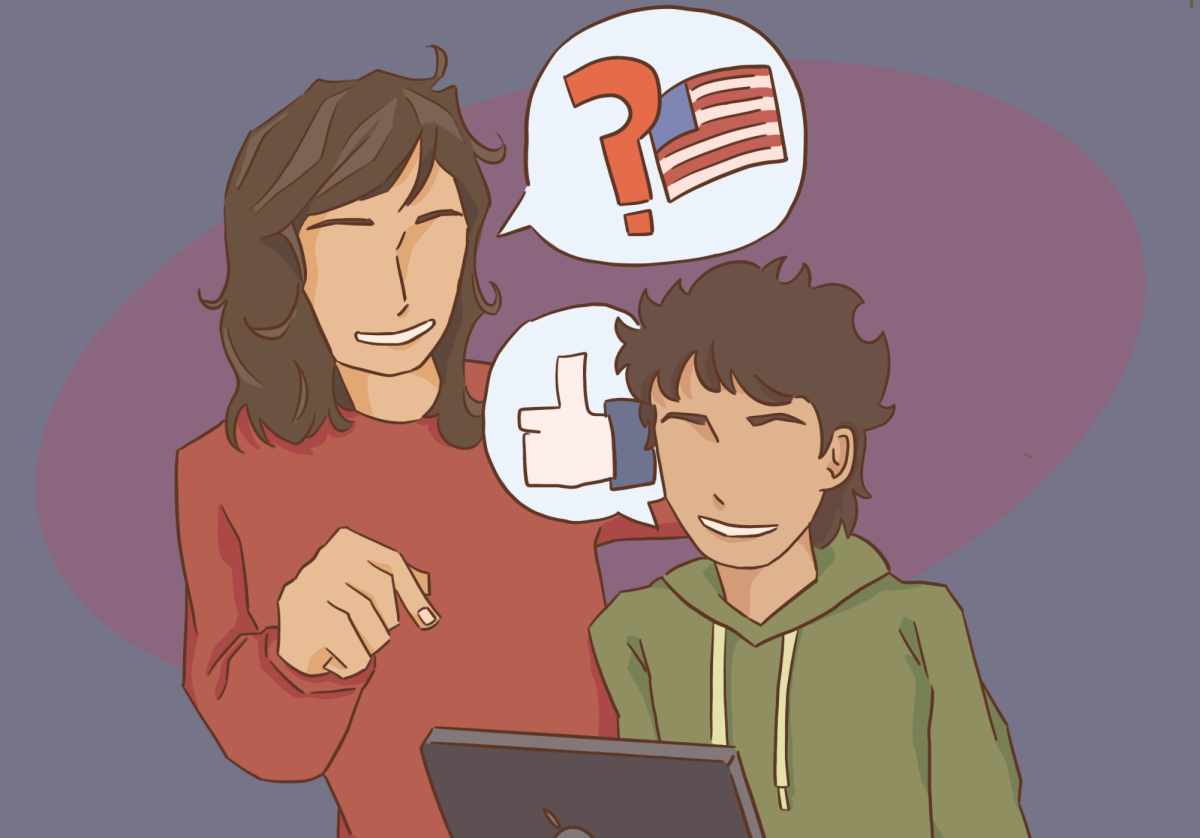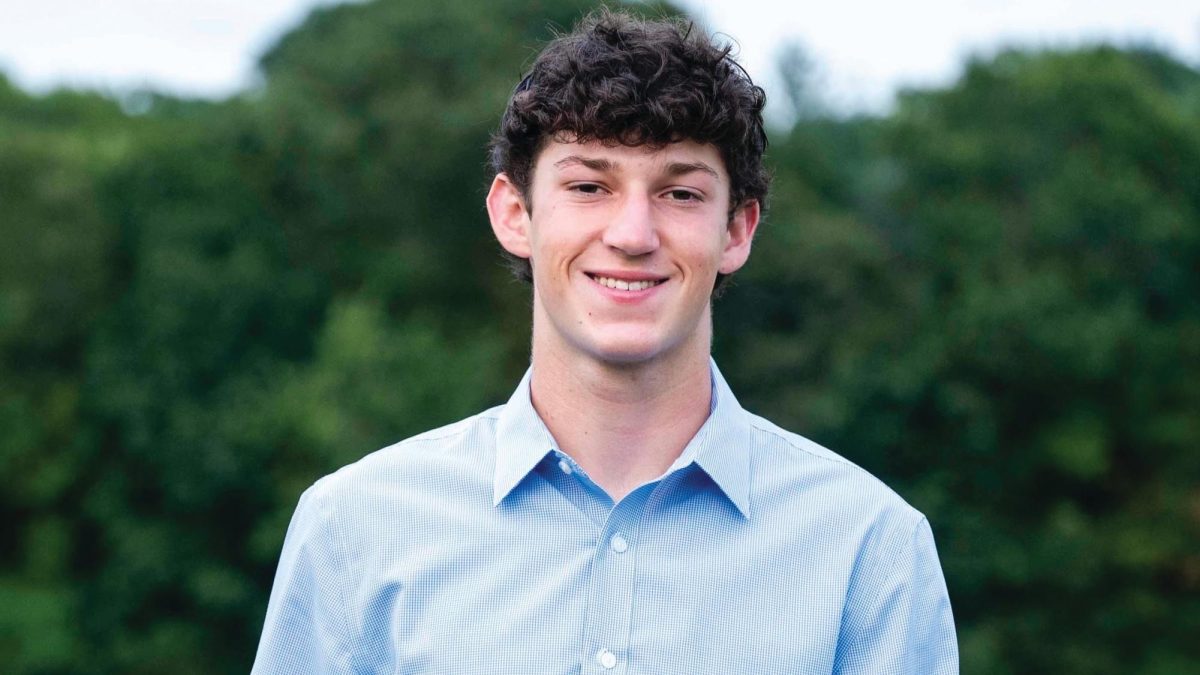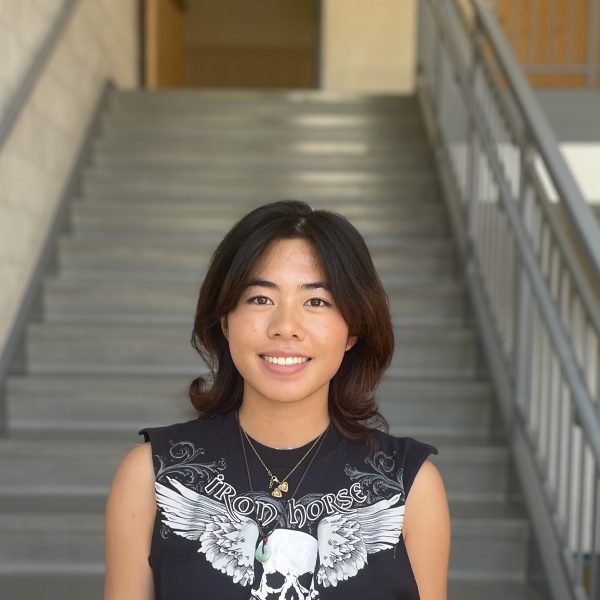Parents play a significant role in shaping their children’s beliefs, values and understanding of the world. This influence often extends to political views where children grow up hearing their parents’ opinions on current events, policies and leaders, which can naturally shape their own perspectives. This begs the question: should parents actively try to instill their political ideologies in their children, or should they encourage independent thought?
Introducing children to political discussions is an important part of adulthood preparation. Politics influence every aspect of life including education, healthcare, jobs and climate policies. By discussing these topics, parents provide children with an understanding of how society functions. These early lessons can instill a sense of civic responsibility and help children see the impact of political decisions in their lives and communities.
U.S. parents prioritize passing down religious beliefs (35%) over political views (16%), with most teens sharing their parents’ affiliations—81% for Republicans, 89% for Democrats and over 80% for religious groups. However, many shift or leave their faith in early adulthood, especially from interfaith households.
There’s a risk that parents might unintentionally limit their children’s worldview by focusing solely on their own political ideologies. When children are only exposed to one perspective, they may adopt those political beliefs without fully understanding the reasoning behind them. This can lead to a lack of critical thinking and the inability to engage with diverse viewpoints.
The challenge of balancing influence and independence is more pronounced in today’s information-rich society. Children are exposed to a wide range of ideas through school, peers and especially social media. These platforms often present perspectives that may differ significantly from those taught at home. If parents insist on their children conforming to their views, it can create tension and confusion, as the child may feel torn between loyalty to their family and the new perspectives they encounter.
Parents should guide their children by teaching them to evaluate information, recognize biases and consider arguments. Open dialogue at home, where questions and differing opinions are welcome, helps children form their own conclusions. Instead of insisting on one viewpoint, parents can share beliefs and invite discussion by saying, “Here’s why I believe this — what do you think?”
It’s also essential for parents to demonstrate respect for differing opinions, even when they disagree. Children learn as much from observing their parents behavior as they do from their words. By modeling respect for others, parents teach their children the value of empathy, tolerance and productive discourse.
Ultimately, the goal is to raise children who are independent thinkers and informed citizens. While parents will always influence their children’s perspectives to some extent, it’s crucial to allow space for individuality. Politics is most meaningful when it reflects a person’s own values and reasoning, rather than being a mere reflection of someone else’s beliefs.
By focusing on education rather than indoctrination, parents can ensure their children grow into confident, capable adults. Open conversations, exposure to diverse viewpoints and encouragement to think critically create a strong foundation. In doing so, parents help their children navigate the complexities of modern society while respecting their autonomy to make their own choices.
Raising children who are thoughtful, informed and open minded isn’t just a benefit to the family — it’s a contribution to society. A generation of independent thinkers who value dialogue and understanding can help create a more informed and cooperative political landscape. Parents have the unique opportunity to inspire this growth, not by dictating what their children should believe, but by guiding them in discovering what they believe is right.











